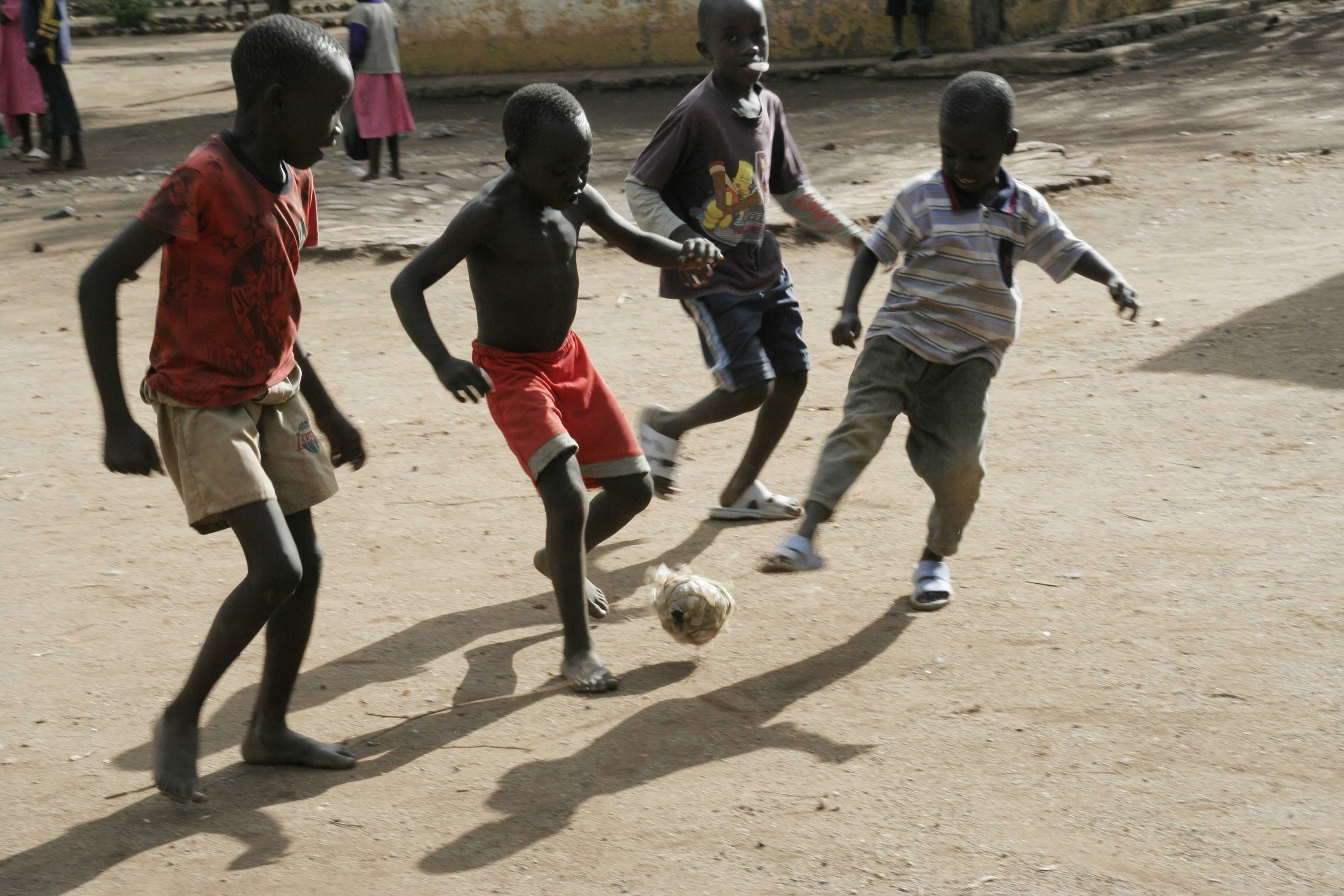Report: TB cases on the rise
NAMWANJE SALMAH
The latest report by the University Research Company (URC) under the USAID TB project, indicate that Tuberculosis cases have increased in Uganda, with Kampala metropolitan in the lead.
Keep Reading
Out of the 59,781 people screened in Kampala, Wakiso and Mukono, 1,675 were diagnosed with Tuberculosis.
The survey also indicates that four out of every ten people with TB do not receive treatment since they are not aware of what they are suffering from.
New figures from the University Research Council under the USAID TB project, have shown that the number of TB cases have increased especially in the Kampala metropolitan area.
The survey that was conducted between January and December 2018 in Kampala and the neighbouring districts of Wakiso and Mukono established that out of the 59,781 who were screened 1,675 were positive.
These cases are more severe in slums, homesteads, taxi parks, schools, male congregate settings like bars and fishing villages among others.
In Kampala alone, out of the 11,212 people who were screened, 352 were diagnosed with TB, whereas 301 out of the 5,108 in Wakiso have been diagnosed with TB.
In Mukono 62 out of the 958 have TB.
Tuberculosis treatment takes six to nine months but unfortunately 15% of the patients do not complete their dosage, which makes TB drug resistant and eventually turns out to be expensive.
Currently one patient spends two years on treatment, which costs about Shs 12 million.
Men are more vulnerable to TB than women. But the disease progresses so quickly in women than men yet women are more compliant when it comes to seeking treatment.
TB mostly affects people between 25 and 50 years with an estimated 6,000 to 8,000 deaths recorded every year.
In some communities, local herbs are used to treat cough, but experts warn that if one has persistent coughing, looses weight, feels pain in the chest, constant sweeting at night and longstanding fever should test for Tuberculosis immediately.
TB is an airborne disease and sharing airspace with an infected person spreads the disease faster.












